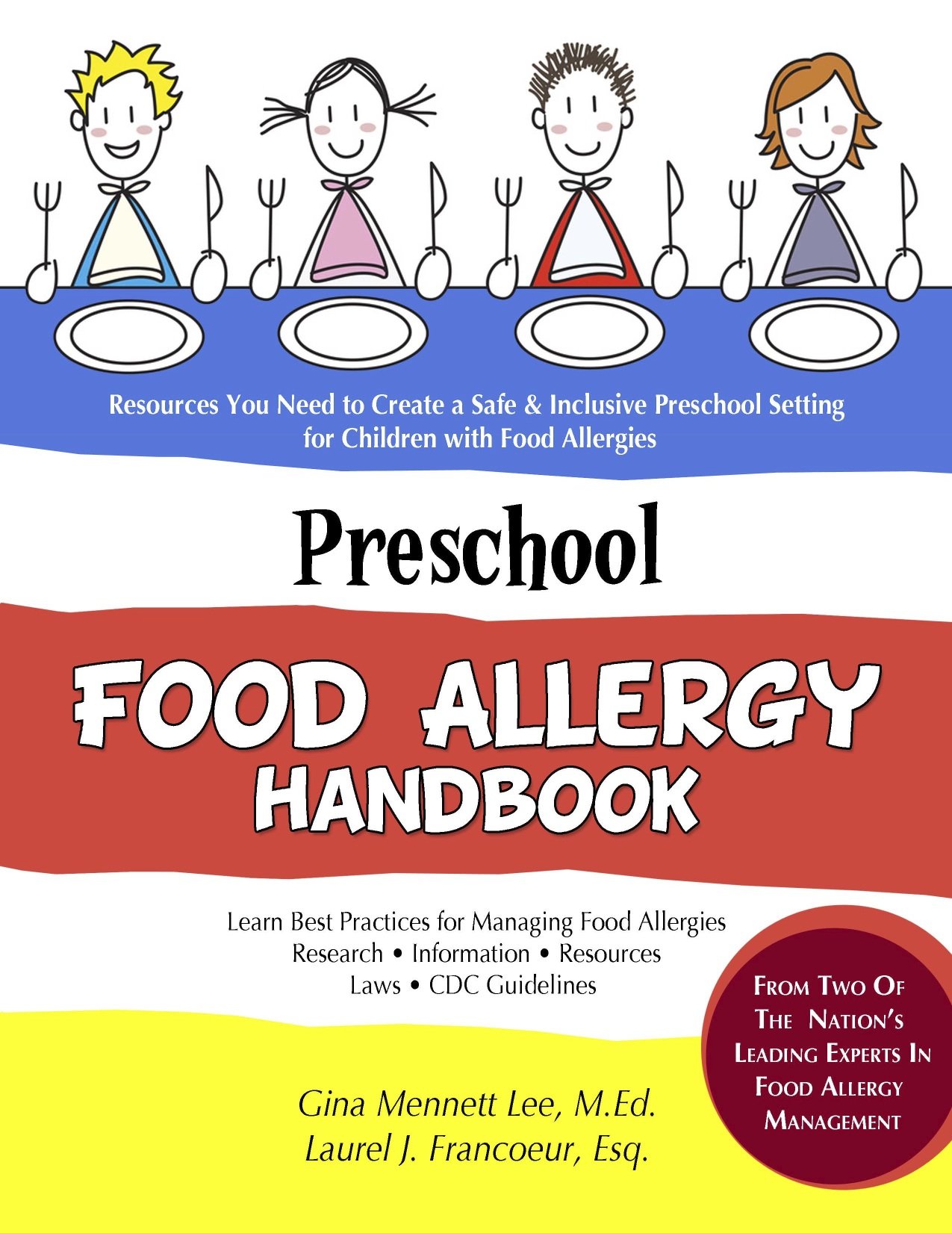FoodAllergyConsulting.com
There is much confusion about whether or not PTA/PTO’s are legally obligated to make events accessible for students with food allergies (Please, keep in mind that the term “accessible” is going to be different for each child. ). I’ve asked Laurel Francoeur, Esq. to answer this question for us. This information only applies to schools that receive federal funding. We will be addressing these concerns and more in our new book, “The Essential School Food Allergy Handbook” (available Fall 2015).
The content below is written by Laurel J. Francoeur, Esq:
Many wonder whether a school must make Section 504 accommodations at PTO* meetings or events. Section 504 requires schools to make accommodations for children with disabilities throughout the school day, including PTO events that happen during normal school hours. However, when it comes to after school PTO events, it is not a slam dunk question. For a District to accommodate disabilities like food allergies under Section 504 during PTO meetings and after-school activities, the District must provide “significant assistance” to the PTO.
The District is considered to be providing “significant assistance” when the answer to one or more of the following questions is “yes”:
1) Does the District provide free or reduced cost to the PTO to use District facilities?
2) Does the District publically announce PTO events to the student body or parents?
3) Does the District disseminate flyers or other written communications about PTO events?
4) Does the District allow the PTO to identify itself with the school and use the school logo or name in or associated with its meetings and events?
This is the test currently used by the Office for Civil Rights. However, it may or may not be used by a federal court. This test is based on the regulations accompanying Section 504* and a case decided by the OCR called Irvine Unified Sch. District 19 IDELR 883 (OCR Apr 28, 1993).
OCR can also look to state guidelines about food allergies for assistance. For example, Pennsylvania has voluntary food allergy state guidelines that recommend schools accommodate students at PTO functions. Although the guidelines are not binding, they encourage PTO activities to be inclusive. Sometimes OCR uses these state guidelines to shape its decision.
Even if a school does not meet the test for Section 504 above, it may still have to accommodate children with disabilities under the Americans with Disabilities Act. This is a separate analysis and will be discussed in a later blog post.
*PTO refers to any parent-teacher organization.
Related links:
Food Allergy Tips for PTA Leaders Written by Gina Mennett Lee, M.Ed and Michael Pistiner, MD, MMSc
For more legal information, visit the Allergy Law Project.
Do you find this information helpful? Laurel and I will be addressing this and more in our new book, “The Essential School Food Allergy Handbook.” (Available Fall 2015)

